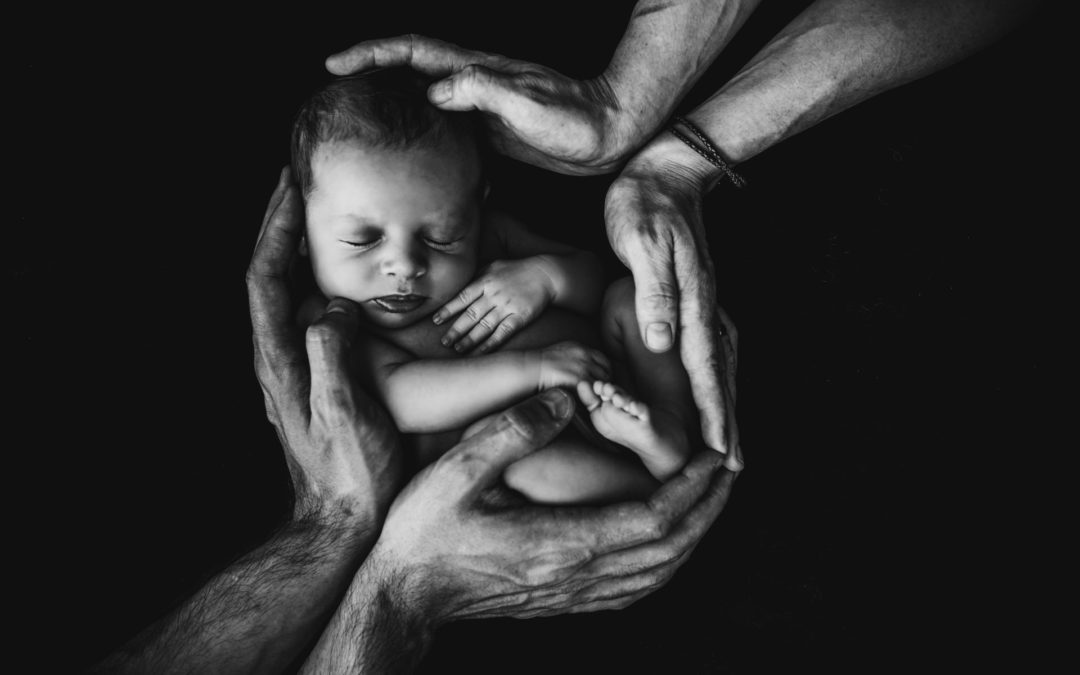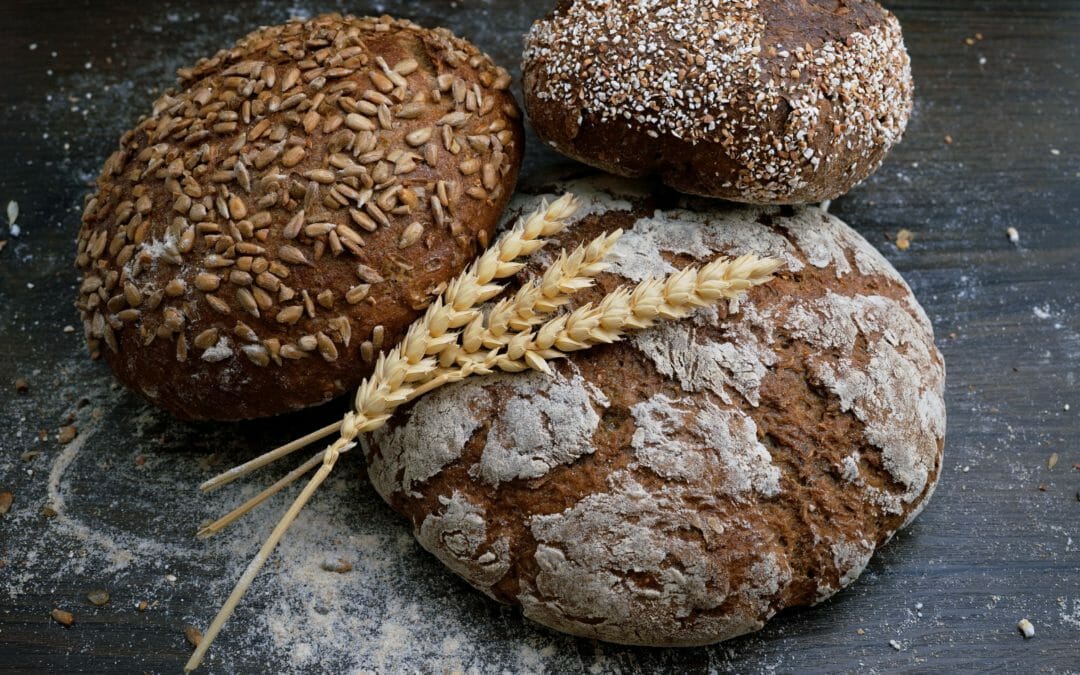
Still masking after all these years
We saved lives in 2020 with social distancing and with a vaccine in 2021. We have the potential to save them today if we resist the push to all or nothing and instead focus together on how we can reduce harm.

We saved lives in 2020 with social distancing and with a vaccine in 2021. We have the potential to save them today if we resist the push to all or nothing and instead focus together on how we can reduce harm.

I have read and sung the Magnificat, and I’ve certainly experienced mansplaining, but I’ve stayed on the margins of the discussion of “Mary, Did You Know?” in recent years, perhaps because I am drawn to a theology of not knowing, especially as a mother.

Amid bleak and uncertain reality, how could Elizabeth experience an inner surge of joy? How could Mary sing of her soul magnifying the glories of God—of a divine power who had done great things for her and for humanity? I imagine that the rituals of their religious tradition, intentionally enacted through storytelling, singing, and Shabbat, placed the realities of the world in a greater context, affirming the presence of the Divine, their identity as a chosen community, and the promise of their future.

Unbeknownst to my family when my husband and son were sick last Christmas, God was preparing us a year ago for a season of birthing that would be—and still is—profoundly difficult. When I read the song of Mary now, in the midst of this pandemic, my longing is not for the return of Christmas past. I believe we are laboring together for a world where the hungry are filled, unjust rulers removed from their thrones, and the humble raised to places of honor. I remember anew that the light we pass is symbolic of the call to radically redistribute God’s resources in the world. We aren’t yet holding that newborn life in our arms, but the midwife has asked us to breathe deeply and feel for when it’s time to push. We are preparing the way.

I’ve been compiling some of my “financial practice as spiritual practice” ideas, questions, and challenges, and I offer them here to begin a conversation with those who feel similarly called to this deep and life-changing work.